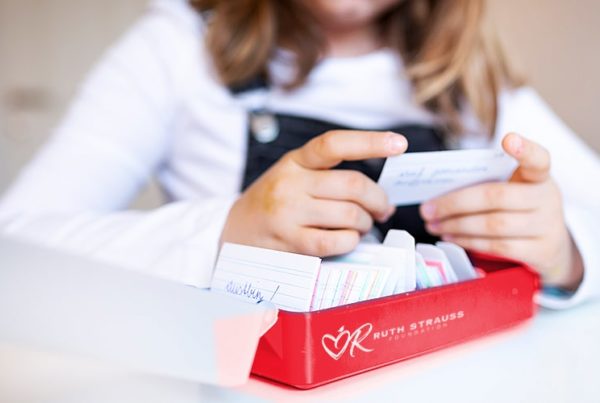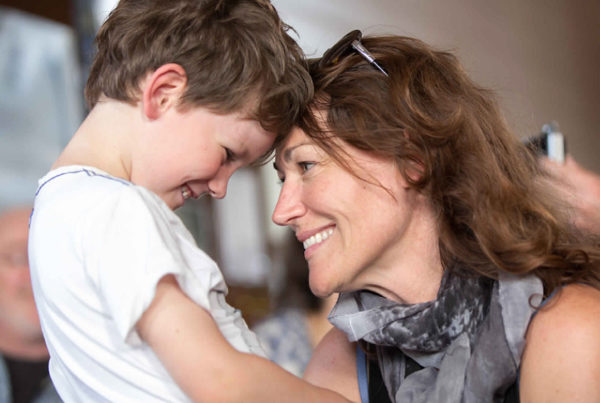Repost: The Independant
There’s no tougher job than telling a child their parent is going to die.
Bereavement expert Jenni Thomas explains how to break the news gently. My husband has been diagnosed with terminal cancer – how can we talk to our young children about what’s going to happen to him?
Jenni Thomas, a family support adviser at the Ruth Strauss Foundation (ruthstraussfoundation.com) and an expert in grief support for bereaved children, says: “Every year, around 14,000 parents get an incurable cancer diagnosis. With that comes one of the toughest situations a parent can face: how to tell your children.
“People worry about saying the wrong thing or making matters worse. They may think it’s better to tell children nothing – but whether children are told or not, they’ll sense something is the matter. Although parents can find it very difficult to broach the subject, both parents talking to the children can be crucial for their future emotional wellbeing.
”“When you first speak to them, choose a time with no other distractions. Avoid bedtime when they’re tired, and keep the conversation short, making it easier for them to understand.
“Start the conversation by asking gently if they know dad has been unwell. Then, explain things in an age-appropriate way. For example: ‘Daddy’s cancer isn’t getting better; even though the doctors and nurses have done everything they can. This means daddy will not live for very long.’ Euphemisms like ‘lose’ can be very confusing, so use truthful language.
“This conversation can allow children to share their feelings. They might ask ‘Does that mean daddy will die?’ Answer truthfully – ‘Sadly, yes it does’. Accept and acknowledge their feelings, whatever they are – they may be scared, upset, angry or show nothing. This is a natural response to such difficult news. It’s helpful and OK to show some emotion yourself: children learn about grief by watching adult behaviour.
“Your children may want to talk more as your partner’s condition changes or gets worse. After any sad conversations, it’s important to remember to allow time for something the children enjoy doing.
View this post on Instagram
“When children are facing something as huge as the death of a parent, it’s useful to enhance their self-esteem, remembering there are three things children need to hear about from their families:
“I am – valuing the child’s personality: such as being kind or funny.
“I have – helps them see the love and support they have: family friends, uncles/aunties, school-mates.
“I can – to highlight what they can do – bake cupcakes, kick a ball, run fast, write beautifully.
“I wish you the best as you manage this very tough time. If you need more supportive information, there are excellent resources on our website.”



